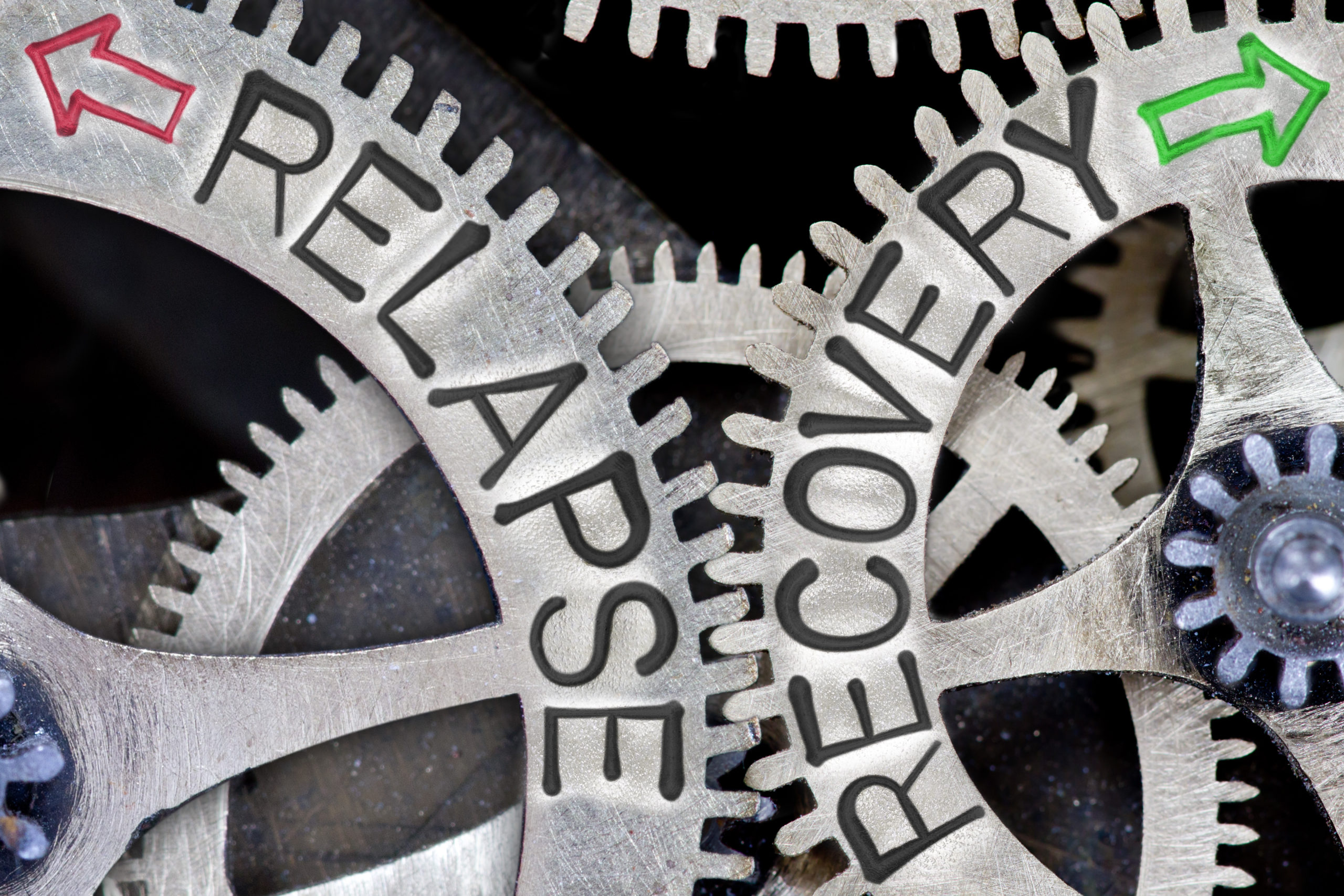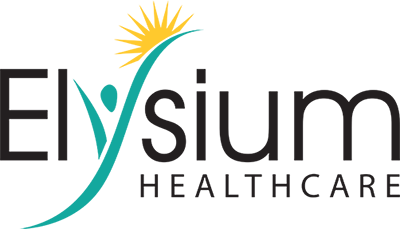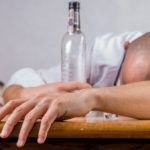
Not everyone’s a one-chip wonder. In fact, rehabs tend to have a high rate of return, regardless of how effective their treatment program is.
But exactly what percentage of drug addicts relapse? Let’s have a look!
What’s a Relapse?
A relapse occurs when a recovered addict uses alcohol or drugs again after a period of abstinence. Since substance abuse is challenging to beat, relapses tend to be a far too common occurrence in addiction.
There are no official set guidelines on how long an addict has to be sober to call a slip a relapse. However, generally speaking, the period of abstinence prior to a relapse is carried out with intent.
Nevertheless, relapses are not failures, but rather stepping stones in the recovery process. It’s possible for individuals to get back on track and continue their journey toward lasting recovery with the right support and treatment.
Why Do Addicts Relapse?
To better understand how many people relapse after rehab, we need to first examine why they relapse in the first place.
Just like addiction, there are numerous triggers that can contribute to a relapse. Some of the most common ones include:
- Stress
- Access to drugs or alcohol
- The group of people addicts surround themselves with
- Not attending aftercare programs
- Untreated co-occurring disorders
- Lack of support
- Difficult life experiences
How Many People Relapse After Rehab
Relapse cases are as varied as the substances that cause them and the people that consume them. To determine how many people relapse after rehab we need to think in terms of percentages, as the number of people that attend rehab changes every year.
Then what percentage of drug addicts relapse?
The overall percentage of addicts who relapse after rehab is estimated to be between 40 and 60%. This is not to say that rehabilitation treatments aren’t effective. Rather, it highlights the complexity of the condition and the undeniable need for ongoing care.
In fact, the percentage of addicts who relapse after rehab is actually similar to the rate of other chronic illnesses like asthma and hypertension. Reinforcing the dangerous nature of addiction.
How to Avoid Relapsing
Unfortunately, there is no one-size-fits-all solution when it comes to avoiding a relapse. Nevertheless, there are a number of preventive measures that recovering addicts can take to empower themselves with the right tools to fight the possibility of a relapse.
Primarily, addicts want to ensure that their recovery doesn’t end at the gates of rehab.
Recovery is nothing more than a daily reprieve from an addict’s condition. Just like we shower every day to stay clean, so must addicts work daily on their recovery—offering a clue as to where the phrase “clean from drugs” might come from.
Some of the preventive measures that can be taken by addicts to stay sober after rehab include:
- Receiving ongoing therapy
- Attending support groups, aftercare programs, or 12-step programs.
- Meditating daily
- Having a sponsor
- Keeping a clean house inventory to avoid resentment
- Building a strong support community
- Communicating with other addicts daily
- Build a strong foundation by attending an outstanding treatment center
Building a Strong Foundation
Now that you know more about what percentage of drug addicts relapse you might want to take the first step of avoiding relapses which are starting out your recovery in the best possible way.
One of the best ways to avoid relapsing is to start your recovery with the right program.
The right program will help you avoid rehab by preparing you with the tools you will need to stay sober in the real world. It will also offer you an array of aftercare options such as a strong community and ongoing therapy.
At Elysium Healthcare we are experts in treating addiction and helping our patients stay sober long after they leave our program. Contact Elysium today, and ask how we can help you build the right foundation for your recovery.






No comment yet, add your voice below!